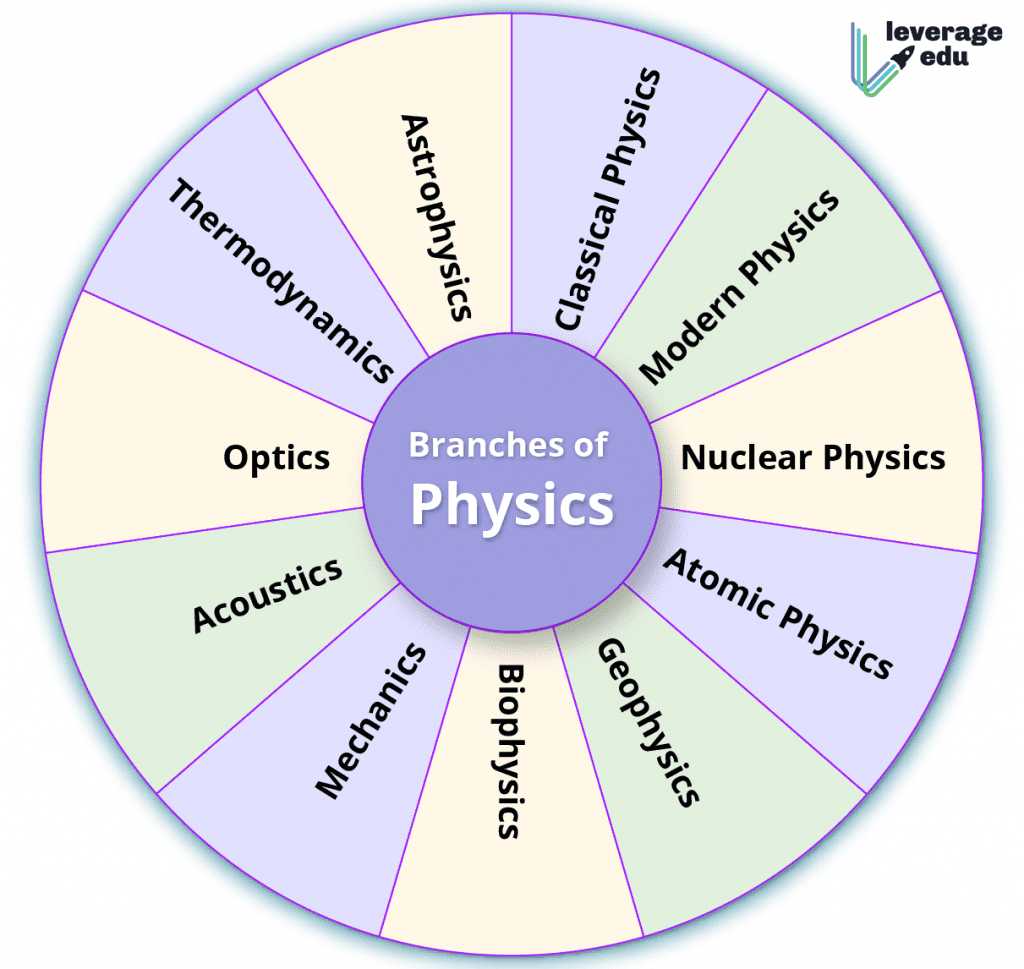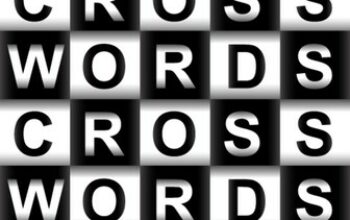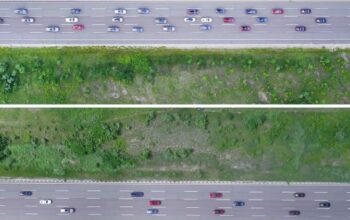In the annals of scientific achievement, few institutions shine as brightly as Bell Labs. Renowned for its groundbreaking contributions to technology and physics, it has been the birthplace of numerous innovations, including the transistor and laser. However, the intricate tapestry of progress is often interwoven with human frailties and ethical dilemmas. A recent incident involving a scientist at Bell Labs who was dismissed for misconduct has not only raised eyebrows but also provoked a deeper examination of the intersection between personal behavior and professional integrity in the scientific community. How does one navigate the delicate balance between personal and professional conduct, especially in a field that holds the promise of monumental discoveries?
This situation compels us to ponder: what happens when the pursuit of knowledge collides with the ethical considerations that govern human interaction? The expectation is that scientists, as stewards of knowledge, should uphold a high moral standard. Yet, the reality often reveals a more complicated narrative. Misconduct, regardless of its form, can tarnish the reputation of both the individual and the institution. This particular incident serves as a critical case study, prompting an exploration of not just what constitutes ethical behavior in science, but also how personal decisions reverberate throughout an organization.
At the heart of this controversy is the question of accountability. When an esteemed scientist is found guilty of misconduct, the repercussions extend far beyond their immediate professional standing. The integrity of the institution itself is called into question. Bell Labs, known for fostering an environment of innovation, also has a responsibility to maintain a culture of respect and ethical conduct. Cultivating such an environment is challenging, particularly in high-pressure settings where the drive for discovery can sometimes eclipse moral considerations.
This incident draws attention to the challenges organizations face in mitigating misconduct. The ramifications can be severe—an immediate loss of talent, disruption of ongoing projects, and even potential damage to institutional reputation. Furthermore, it raises essential questions about the mechanisms in place for reporting and addressing such behavior. Are existing policies robust enough to deter misconduct, or do they merely serve as a minimum requirement, insufficient to cover the complexities of human interaction? The failure to enact effective measures not only exposes vulnerabilities within the institution but can also dissuade talented individuals from entering the field, fearing for their professional integrity.
Moreover, this scenario prompts an examination of the broader scientific community. The act of dismissal for misconduct is not merely an isolated incident; it reveals persistent patterns within academia and research institutions. Are scientists sufficiently apprised of the ethical standards expected of them? Education on these topics is crucial. Emphasizing ethical training should be as integral to scientific education as technical skill development. Lectures, workshops, and discussions around ethical behavior in research should be commonplace to prepare young scientists for the ethical complexities they might face in their careers.
Additionally, the repercussions of personal misconduct extend beyond mere termination. Former employees may find themselves grappling with their identities and careers in the aftermath. This leads to the question: how does one reconstruct their professional life following public allegations or dismissal? The accountability associated with ethical missteps also beckons a discourse on redemption. Can individuals who have faced professional fallout successfully reintegrate into the scientific community? Or do their past actions forever obscure their future potential? The exploration of these themes offers valuable insights into the human aspect of scientific research—an aspect often subordinated to empirical findings and technological progress.
Interpersonal dynamics within research teams also bear significant influence in shaping ethical standards. Team environments can foster or hinder the manifestation of misconduct; hence, creating a culture rooted in openness and mutual respect becomes paramount. Mentorship programs are invaluable in this context, enabling senior scientists to model ethical behavior and guide junior colleagues through the complex landscape of academic politics. The intimate nature of scientific collaboration necessitates a shared understanding of ethical boundaries, served through active engagement and frequent dialogues about expected conduct.
This case also highlights the role of leadership in modeling appropriate behavior. The responsibility lies not only with individual scientists but also with the institutional leaders to cultivate and maintain a culture of integrity. Their actions set the tone for the entire organization, establishing standards that employees are inclined to follow. An environment that encourages open communication regarding ethical concerns fosters a sense of belonging and responsibility among team members, ultimately leading to both personal and organizational growth.
In conclusion, the dismissal of a Bell Labs scientist for misconduct underscores a perennial challenge in the intersection of personal behavior and professional ethics within the scientific realm. As the scientific community continues to expand and evolve, the complexities associated with ethical behavior must not be overlooked. An ongoing dialogue about personal integrity, robust educational frameworks, and leadership responsibilities is vital in shaping future generations of physicists and scientists. As we ponder the implications of such incidents, we are left with a striking question: how can the scientific community ensure that its profound contributions to society remain untainted by personal missteps?










